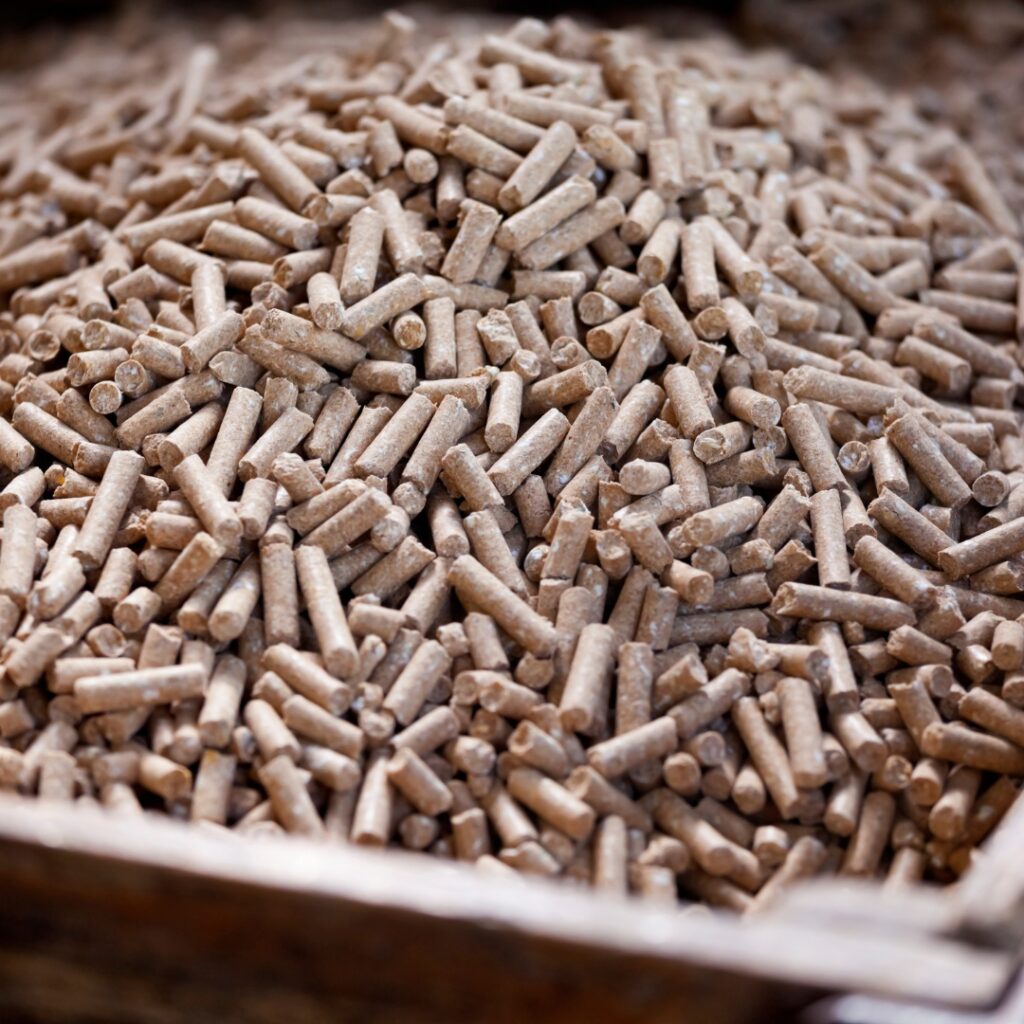
What is a ration balancer?
It is well known that a horse consuming just hay or pasture will almost always be missing some key vitamins and minerals in their diet. A ration balancer is a concentrated source of the necessary vitamins and minerals that a horse requires. These feeds are typically low in caloric value and only need to be fed in small quantities. Some ration balancers will also provide additional protein (key amino acids) for the horse.
When are they used?
There are a few different scenarios that a ration balancer can be an optimal addition to a nutrition program. Please note this is not an extensive list of applications.
1) The Easy Keeper
If you have been following Balanced Bay, you will know that I discuss equine obesity quite frequently. These easy keepers do not need additional energy provided above and beyond what their hay provides. However, these horses still need all of their vitamin and mineral requirements to be met. Therefore, by adding a ration balancer their nutrition program can be balanced without adding excess energy.
2) Incomplete Amounts of Complete Feeds
For horses in light or even moderate workloads, they may be on a forage-based diet, and be provided with a set amount of complete feed per day. Oftentimes, the amount of complete feed they require to meet their energy needs is less than is recommended by the company to meet their vitamin and mineral requirements. Therefore, a ration balancer will be used to “top up” their vitamin and mineral intake.
3) Combined with Cereal Grains
For the horse owners that do not feed complete feeds and instead opt for whole grains (e.g., oats) to supplement energy for their horse a ration balancer will be used to fortify the diet with the vitamins and minerals required by that horse.
These are three of the most common scenarios that I see ration balancers used effectively.
Comparing Products/Various Types
As discussed earlier in this article, ration balancers are basically a vitamin/mineral supplement to meet a horse’s needs. However, there are a plethora of options available to horse owners and the products do vary. Some key variations that I commonly see are protein content, source of minerals provided, added essential amino acids, and some will even include probiotics and omega-3s.
For this comparison I chose the top 5 ration balancers I see used most commonly in Ontario. These ration balancers are all fortified with organic trace minerals, as well as essential amino acids. Some of the products used in the comparison chart also provide probiotics and omega-3s.
For the sake of this comparison, a 500 kg horse in light work was used as an example.

Which to Choose/Case Study
Ration balancers may appear to be similar, but there are often large differences. When evaluating a diet and deciding on a ration balancer to recommend, I always look at the ingredients, the protein content, and the mineral inclusion rates to ensure it will complement the forage.
Let’s take this same horse and calculate which of the ration balancers meet their nutritional requirements. The forage analysis that was used will be provided at the end of the article.
So, when we calculate a 500 kg horse’s nutrient requirements using a generic grass hay analysis, the ration balancers 2, 4 and 5 meet the horse’s requirements. Both 1 and 3 result in deficiencies such as B vitamins and various trace minerals. This is assuming that the horse is consuming free choice hay and adequate salt.
I honestly love playing around with products like this because it just goes to show the level of personalization required to be able to curate balanced diets. Having all of the necessary information can take time to collect, specifically the hay analysis – and spending the time to do these careful calculations and comparisons when choosing a product to recommend for a horse is so important. Not every product will work for every horse – and this applies to ration balancers as well.
To conclude, taking all this information into account when determining an ideal product for a horse can make a significant difference in their nutritional well-being. If you are curious about your horse’s feeding program and would like an independent nutritionist to take the time to do these careful calculations, please don’t hesitate to reach out. I would love to work with you and optimize your horse’s nutritional well-being.
Forage Analysis:
